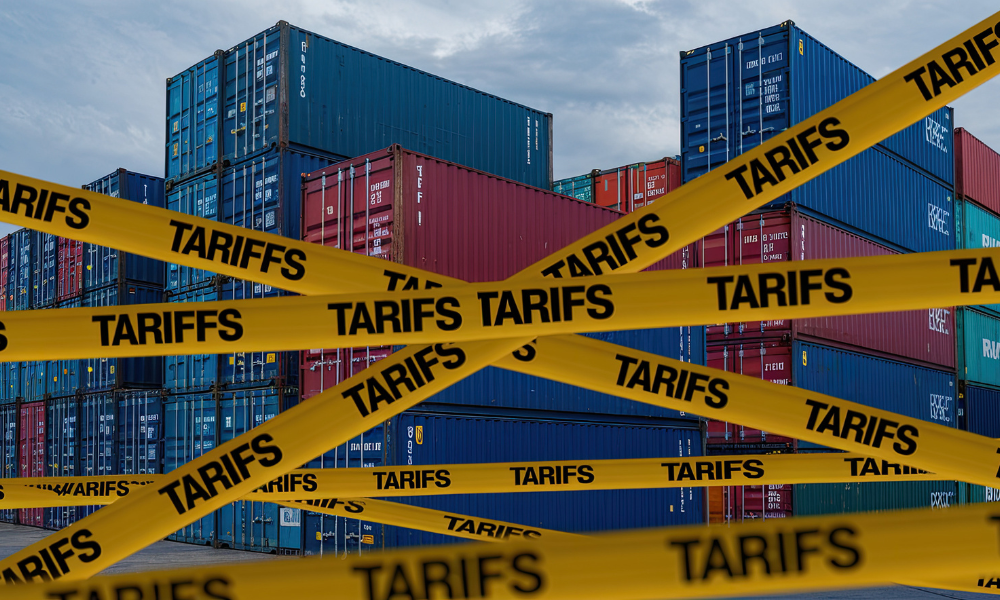Deloitte forecasts a spike with the TMX pipeline's start, amid stable global oil prices

Deloitte Canada anticipates an increase in Canadian crude prices in 2024, attributing the expected rise to the commencement of the Trans Mountain Expansion (TMX) pipeline project later this year.
According to Deloitte Canada's Resource Evaluation and Advisory (REA) group, global crude oil prices are forecasted to remain stable, supported by substantial output reductions by key international oil producers and a slowdown in demand. These factors are poised to shield the global market from notable fluctuations.
“Recent announcements by OPEC+ members that they will maintain their production cuts until at least the end of June suggest oil markets will remain stable in the coming months,” explained Andrew Botterill, national Oil, Gas and Chemicals leader at Deloitte Canada.
He pointed out that despite these production cuts, the global oil supply has continued to meet demand, even amidst various geopolitical tensions, aiding in market stabilization.
Botterill further highlighted that the price for Western Canadian Select (WCS) is expected to see an upturn as the differential with West Texas Intermediate (WTI) narrows.
This is anticipated to happen once the TMX pipeline starts requiring Canadian producers to begin line fill, leading to an increase in Canadian crude oil exports to markets outside the United States.
Oil sands producers are reportedly gearing up for this opportunity by planning to ramp up their drilling activities and capital expenditures.
In addition to the crude oil sector, Canada's natural gas producers are projected to boost their export capacity as new liquified natural gas (LNG) facilities become operational.
This expansion, alongside an increase in LNG exports from the US, is likely to elevate North American natural gas prices, which have been subdued this winter due to seasonally warm weather.
“There's some optimism in the Canadian oil and gas sector this year, but that doesn't mean there won't be some volatility as the system adapts to its new capacity,” Botterill remarked, hinting at the challenges and adjustments ahead for the industry.
One significant concern facing the sector is the deepening issue of limited water supply, exacerbated by drought conditions in Western Canada.
The reliance of Canada's oil and gas production on fresh water is notable, and some regulators have already begun imposing restrictions on water access due to last year's persistent drought conditions and a lower-than-average snowpack in the mountains this winter.
Botterill emphasized the need for companies to adapt their strategies to manage the constraints on water resources used in their operations.
“Companies will need to adapt their strategies to cope with added pressures on water supplies they use in their operations,” he stated, acknowledging the difficulty of this adjustment but underscoring its importance for both the industry and the communities it impacts.



